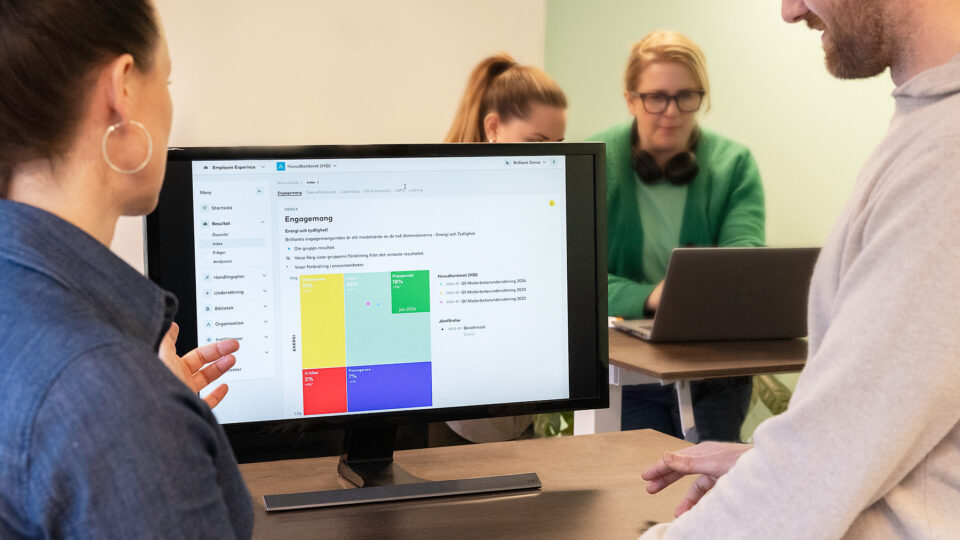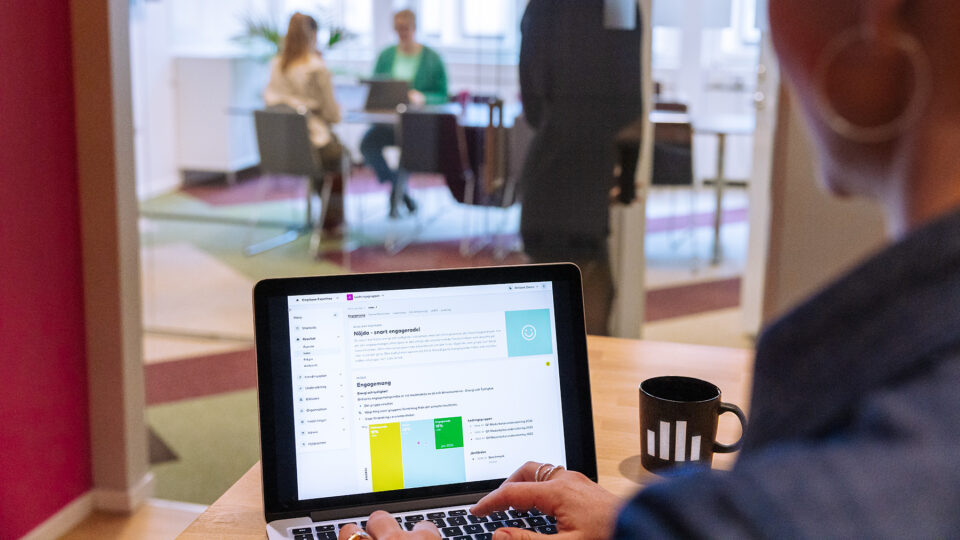
Sneak peek at our 2026 roadmap – Employee surveys ✌️
By Brilliant

By Brilliant

By Malin Hising

By Brilliant

By Brilliant

By Brilliant

By Brilliant

By Brilliant

By Brilliant

By Brilliant

By Brilliant

By Brilliant

By Sofia Florin